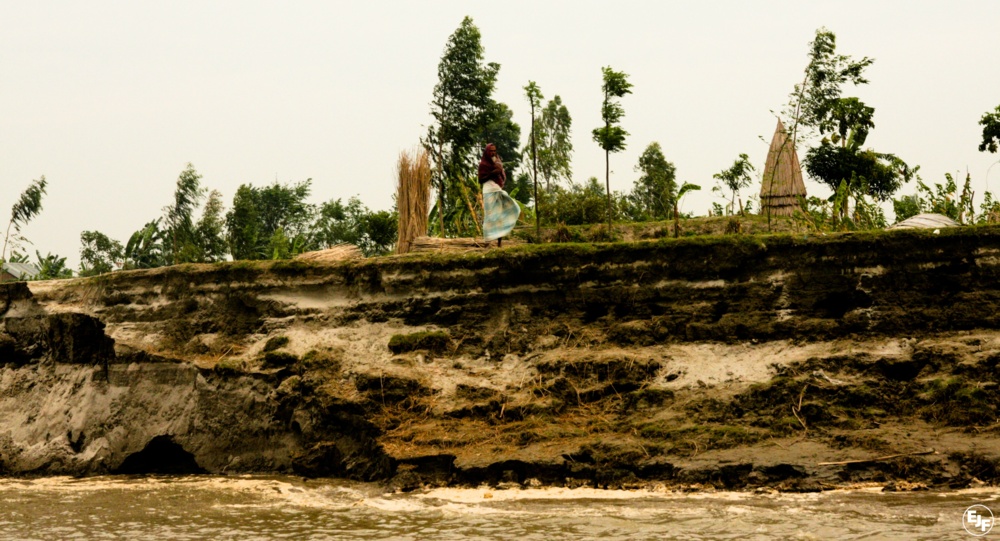
Secretary of State warns that climate change will increase the threat of war
In a speech given on 7th July 2011 at the Royal United Services Institute in London, the UK Secretary of State for Energy and Climate Change, Chris Huhne, warned that climate change is a systemic threat and that with luck, the UK may well escape the worst physical impacts. But in a connected world, we will be exposed to the global consequences which are both alarming and shocking.
The consequences he was referring were imperiled food, water, and energy security. Unabated climate change, he warned, would affect human health, trade flows, and political stability. Different countries will face different challenges. Political solutions will become harder to broker; conflicts more likely. A world where climate change goes unanswered will be more unstable, more unequal, and more violent.
Quoting the Secretary General of NATO, Huhne discussed how climate change will impact global food production. He said it would damn some of the world’s most vulnerable countries to a future where families simply cannot afford to eat. Even developed countries are not secure, as more and more we rely on imported food.
Huhne also raised the issue of water politics in the Jordan river basin, and how this aggravates Arab-Israeli conflicts, and how in the future tensions over water will threaten internal security. Despite the reticence of politicians to address the issue of climate change, Huhne pointed out that a military consensus on climate change has been building for some time. The military forces of many of the world's industrialised nations are in agreement that climate change is a threat multiplier.
Climate change is a force that threatens to unify and magnify the underlying pressures existent in every country. It will focus and concentrate existing tensions, fracturing states and destroying societies. Huhne went as far as to joke: “When the Pentagon and Greenpeace are on the same page, you know things are getting serious.”
Looking to the future, the Secretary of State reiterated the importance of preparing for the impacts of climate change. In particular, he highlighted the grim reality faced by the millions of people forcibly displaced by climate change (climate refugees). “Climate migration is already happening,” he told the audience. “Not short-term displacement following natural disasters, but long-term movements of people away from areas which are becoming less habitable. When ecosystems can no longer support people, they will move.”
These are people who are forced from their homes, lands, livelihoods and friends and family and are left with nowhere to go and no means to survive. Currently, the international humanitarian support system does not officially recognise their plight and so international assistance is ad hoc and almost always inadequate, if it comes at all.
Bringing his speech to a close, Huhne summed up with a simple message: “No-one should doubt the reality of the nightmare if we do nothing.”
SIGN UP FOR OUR EMAILS AND STAY UP TO DATE WITH EJF